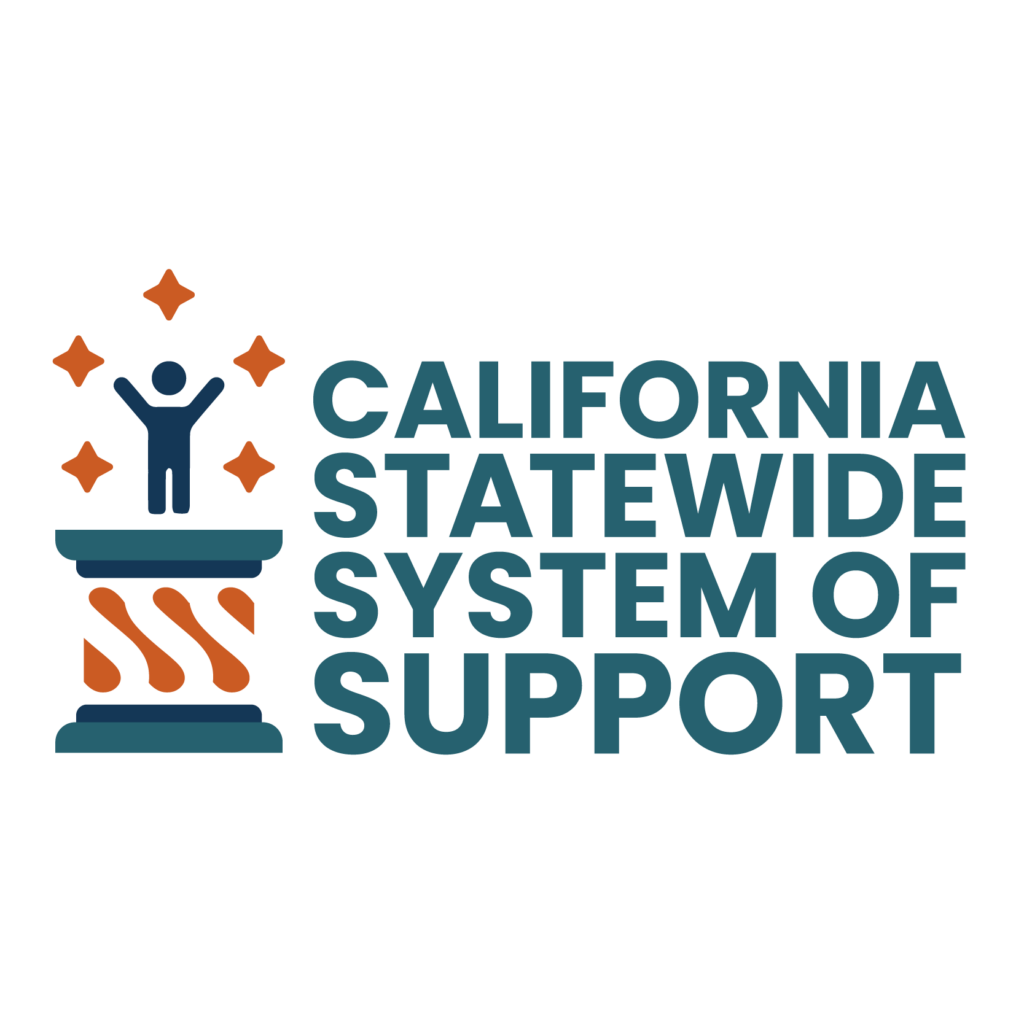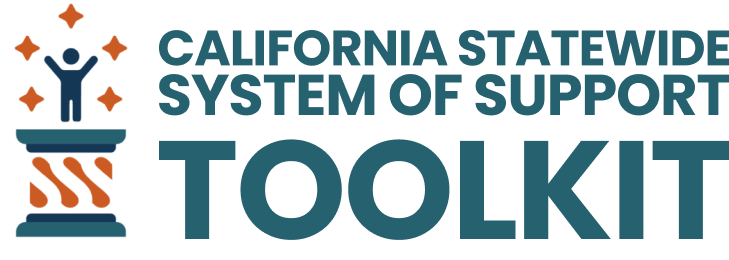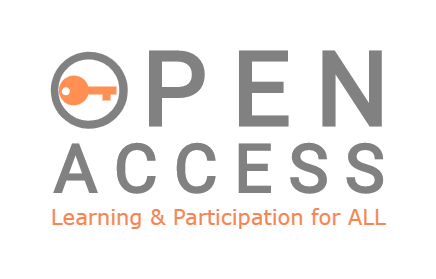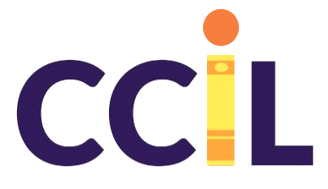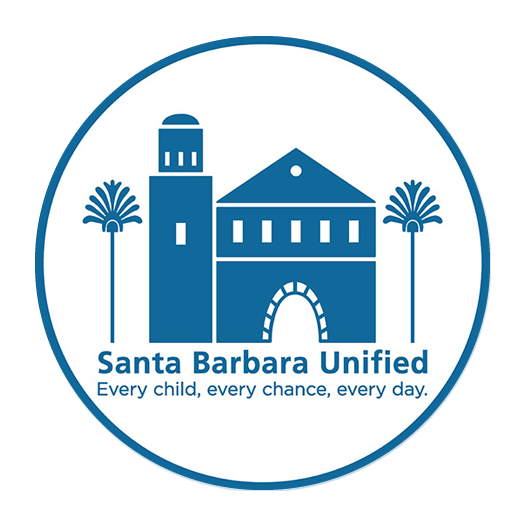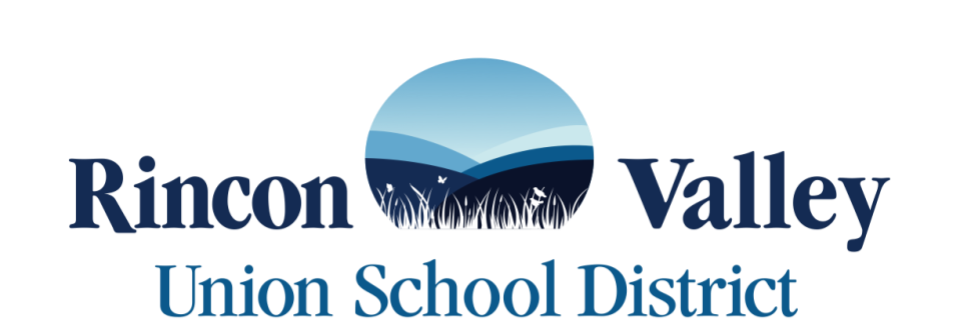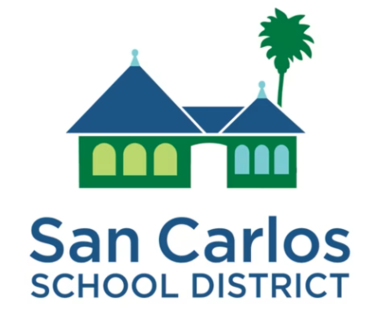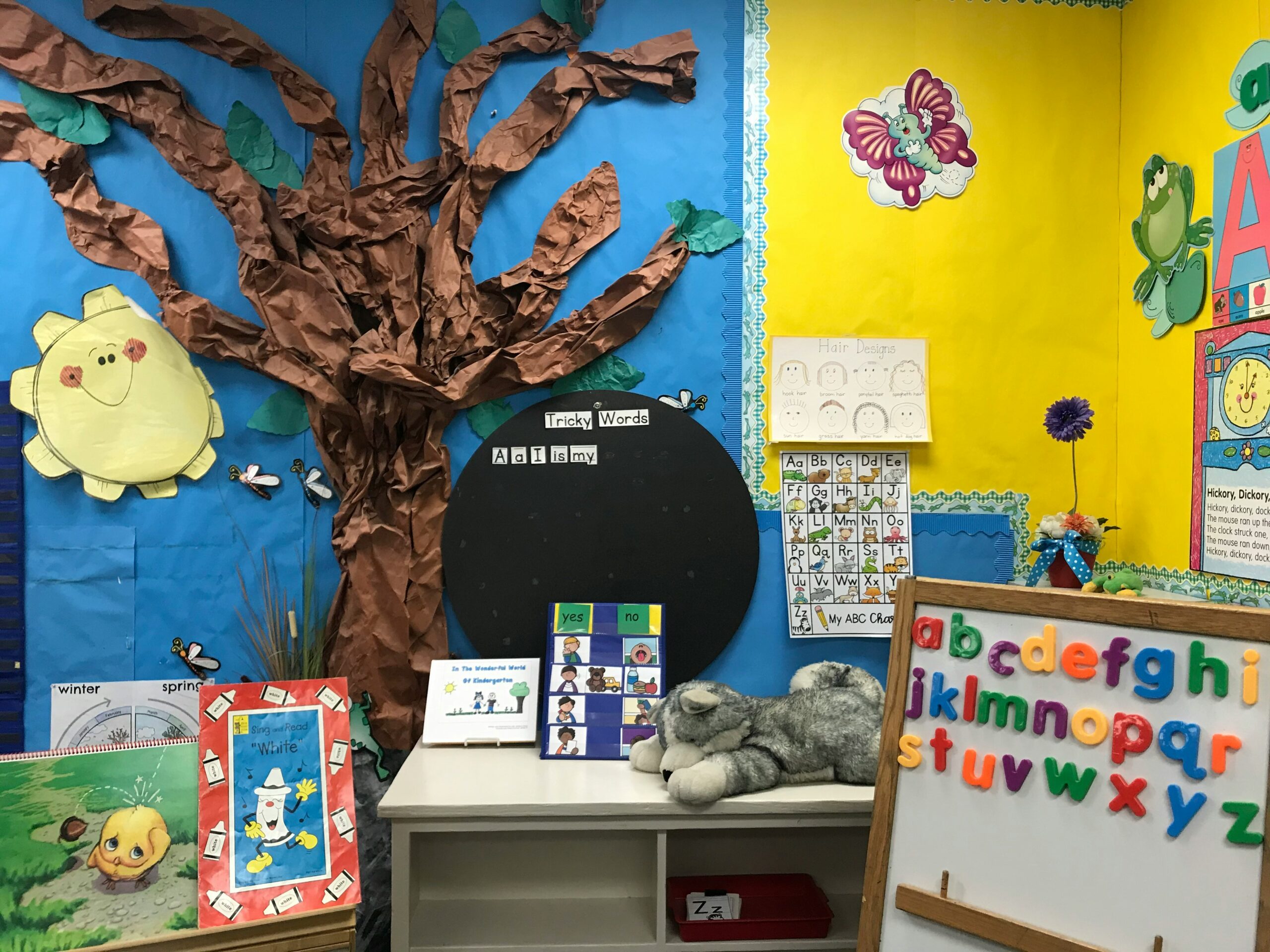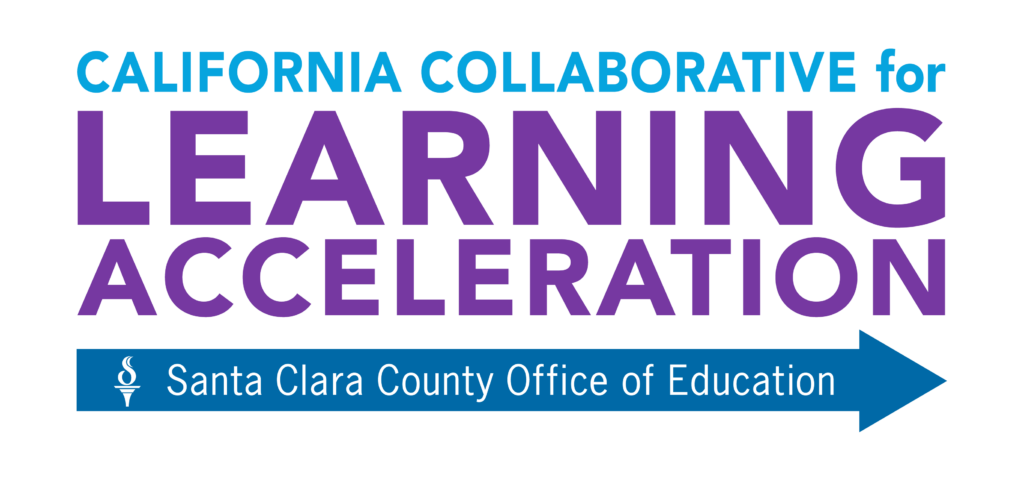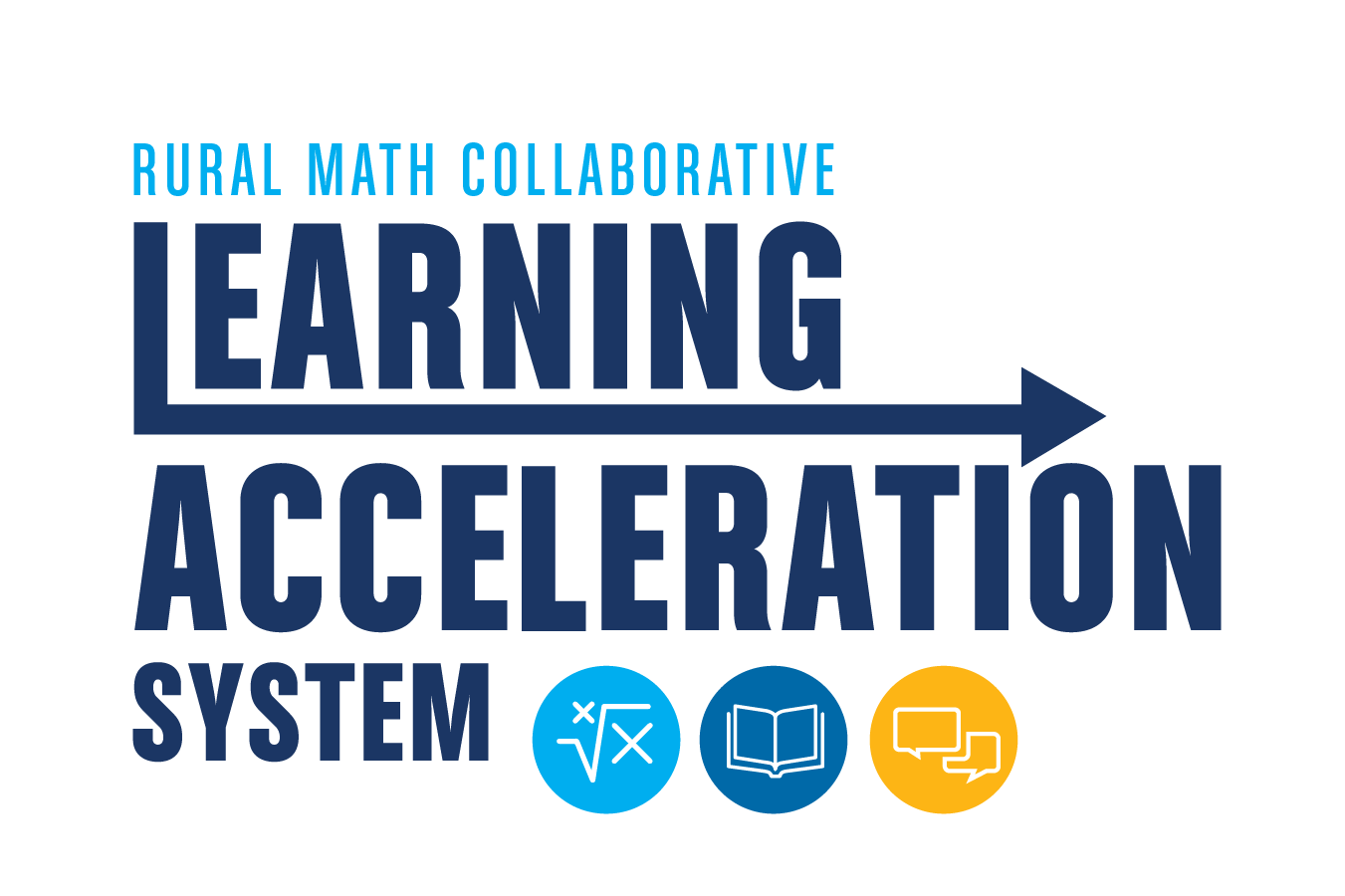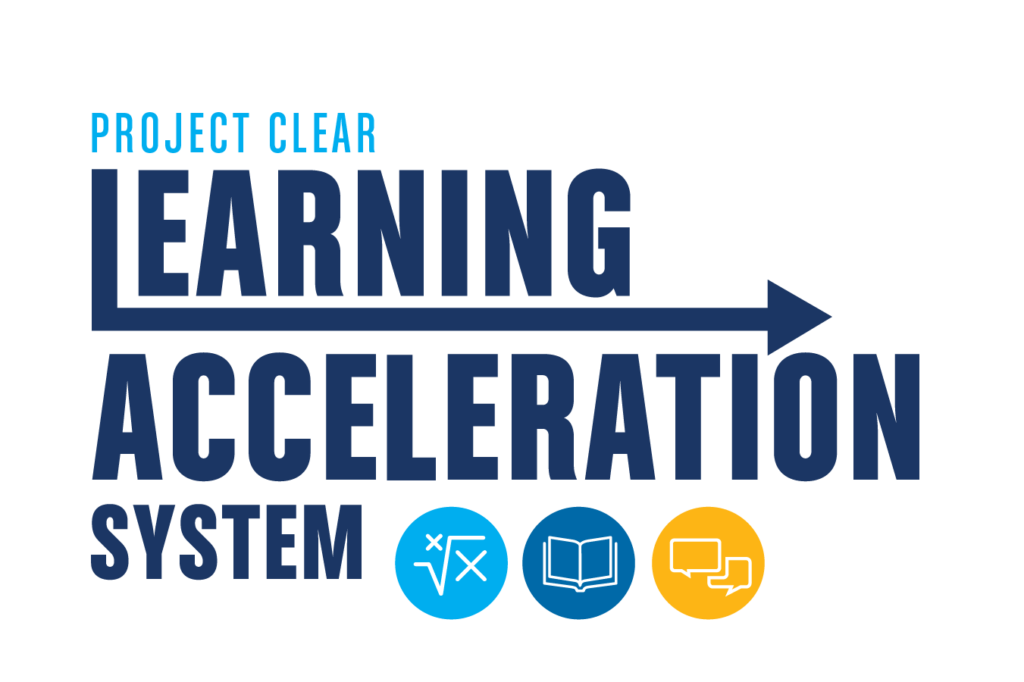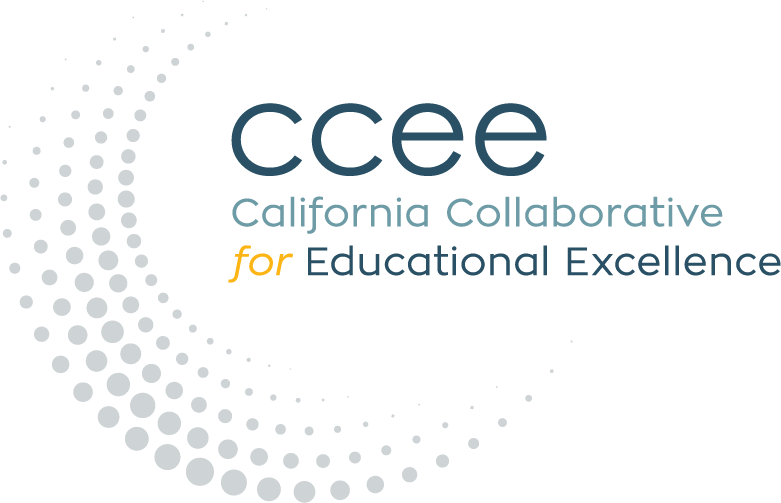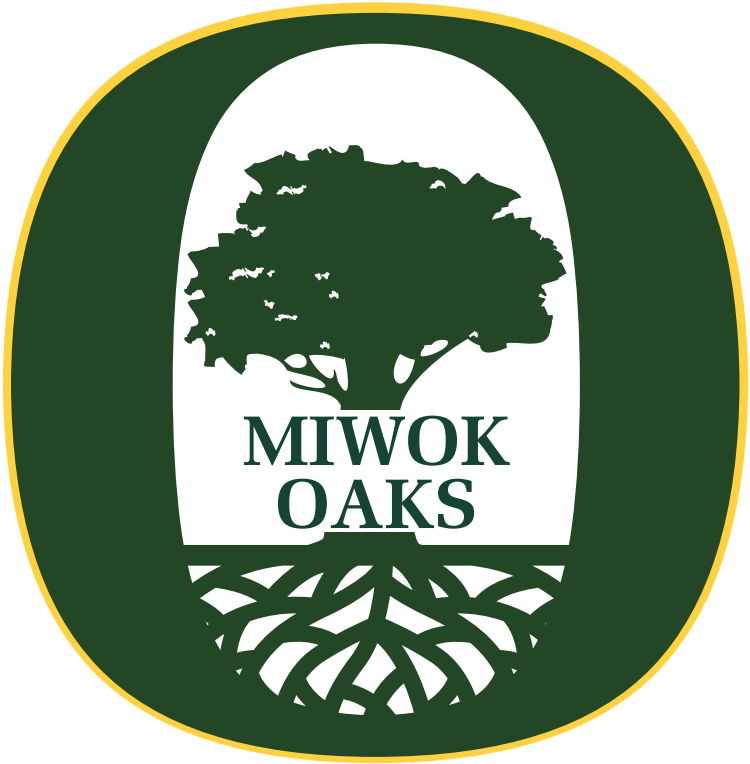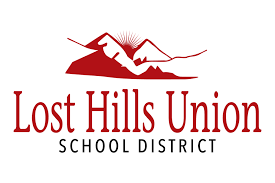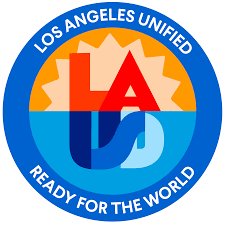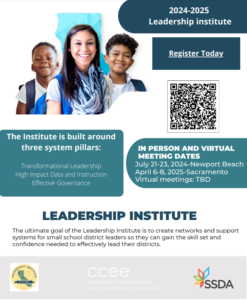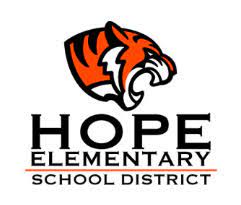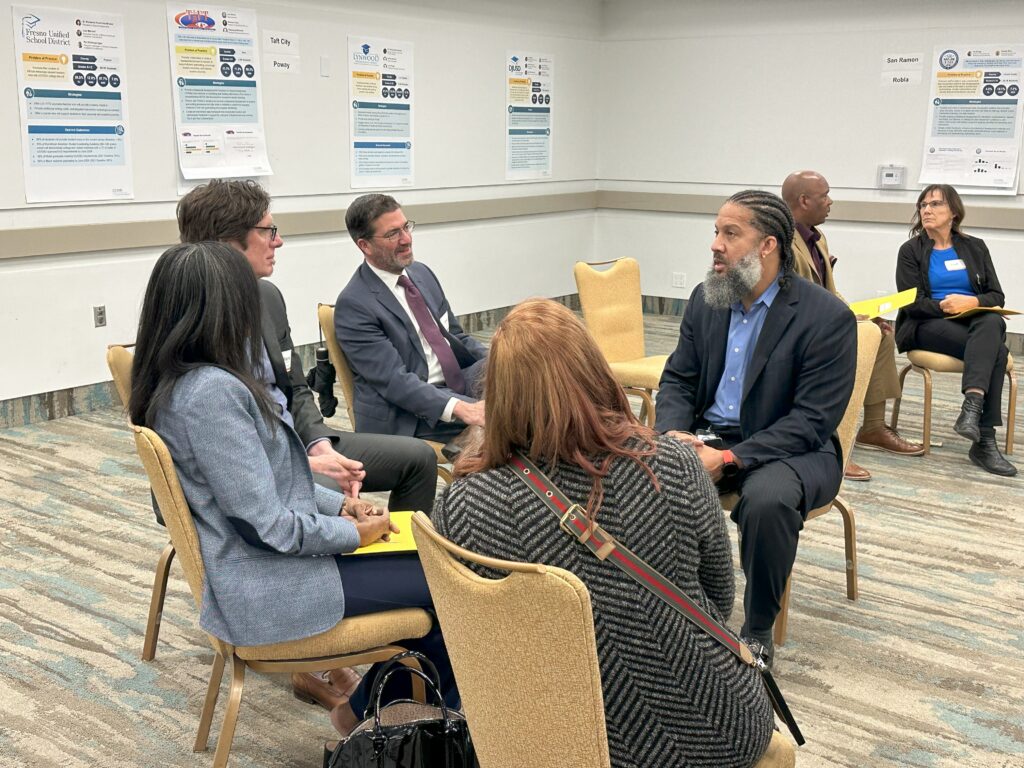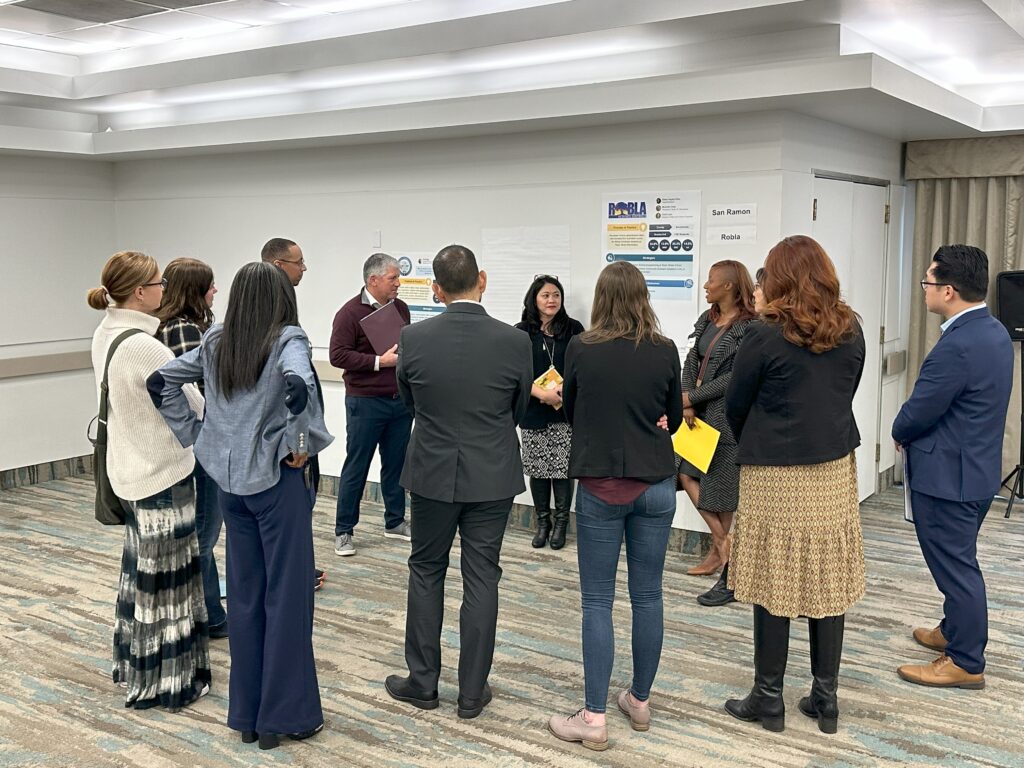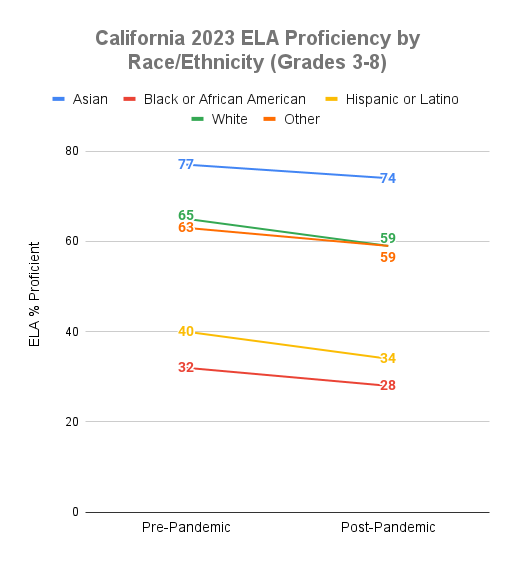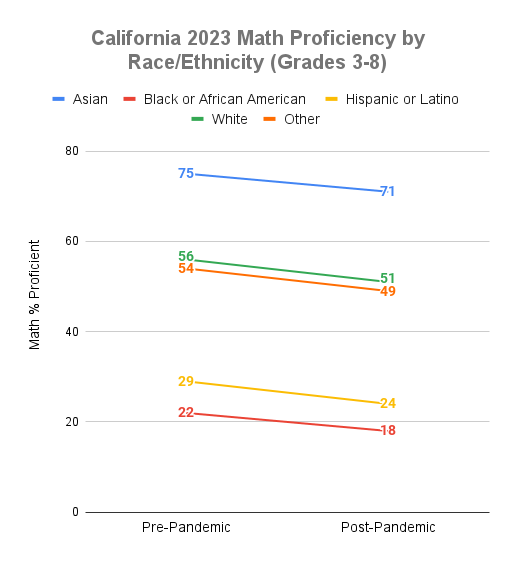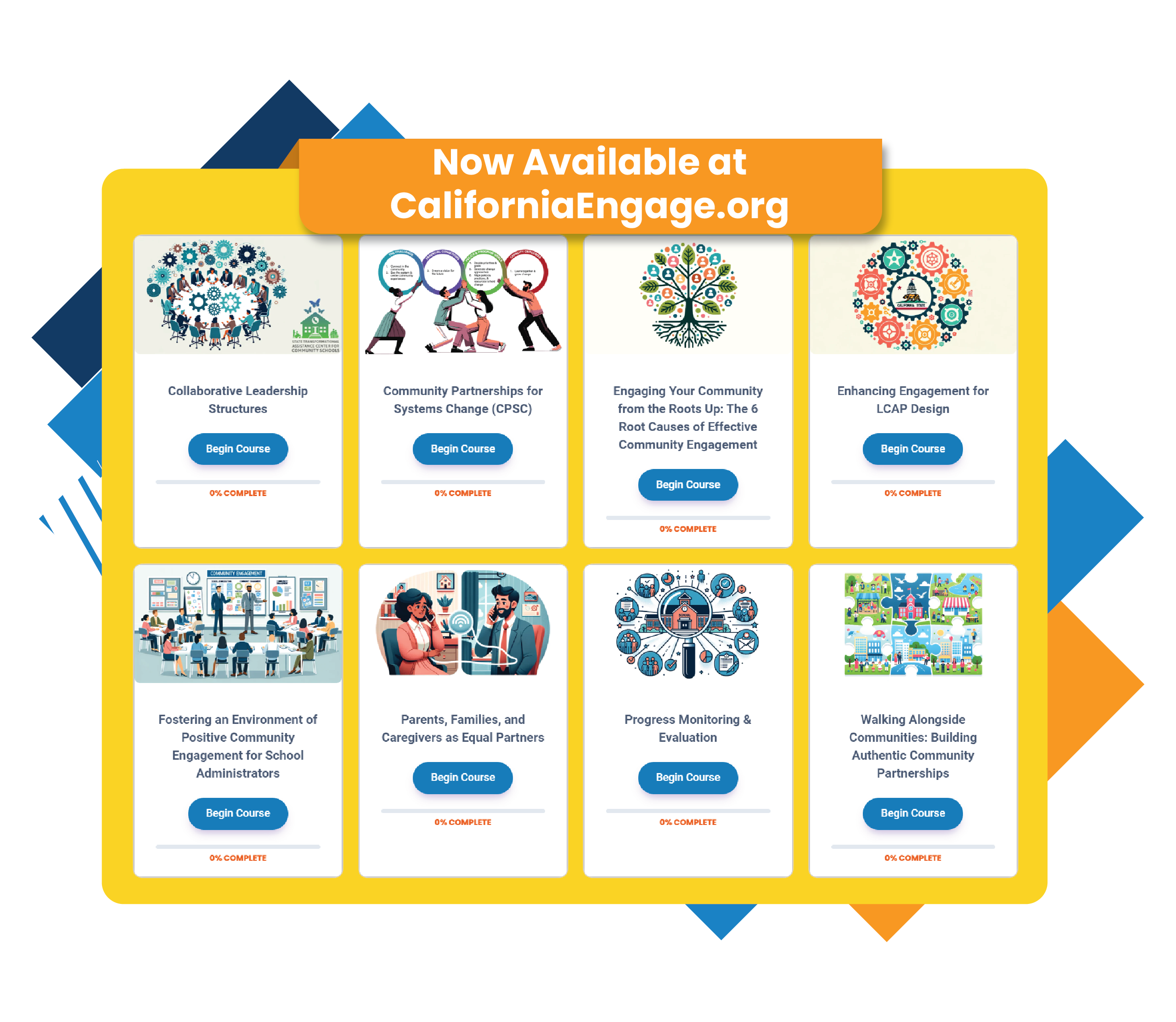CCEE Connection (Spring 2025)
In Case You Missed It
LEA Spotlight 🔦
Kings Canyon USD
KUSD has cultivated a culture of trust and support that permeates every level of its system, serving as a cornerstone for promoting student attendance. By actively seeking parental input and fostering opportunities for family involvement, the district strengthens its partnership with parents. Simultaneously, a focus on students’ socioemotional well-being ensures that trust and support are integral to the student experience, contributing to their overall success.
Read More
Executive Director's Corner
Written by Matt Navo,
Executive Director, CCEE
Spring is a natural time for reflection and renewal, making it the perfect season to reassess and strengthen the Statewide System of Support (SSOS). Over the past year, significant progress has been made in expanding and integrating support systems across California’s educational landscape, fostering a more cohesive and collaborative approach to student success. A key milestone was the integration of the SSOS Resource Hub, Directory, 2024 tool kit, which now provides a seamless platform for accessing universal resources and connecting with key experts statewide. Additionally, the SSOS Core Working Group Report, released in July 2024, highlighted critical themes of communication and integration, guiding ongoing strategic actions among state-led agencies to enhance alignment and effectiveness.
The CCEE has facilitated the statewide SSOS Collaborative meetings which have played a crucial role in advancing these efforts. The in-person convening on October 8, 2024, and the virtual follow-up on January 29, 2025, allowed all state funded initiatives with statewide impact to align their work, track progress, and address barriers to deepen integration. Notable improvements in trust and clarity around roles and responsibilities have improved and demonstrate the value of ongoing collaboration.
If you don’t know about the Statewide System of Support (SSOS), it’s resources, initiatives and/or partners. Now is a great time to learn. See the CCEE SSOS website to get started. It is an opportune moment to refine strategies, build successes, and continue enhancing the structures that empower California’s educators and students.
Community Engagement Initiative Celebrates Its Largest Peer Leading & Learning Network Convening
Written by Andrew Lawton,
Senior Specialist, CCEE
The Community Engagement Initiative (CEI) is co-led by the California Collaborative for Educational Excellence (CCEE) and our lead agency partners the San Diego County Office of Education, Eskolta School Research & Design, and the University of San Diego. In February our initiative celebrated a significant milestone, in the hosting of our largest ever in-person Peer Leading & Learning Network (PLLN) convening. This two-day event brought together diverse educational partners from across California, focusing on real-world, improvement science-based, applications of community engagement strategies and the enhancement of educational outcomes.
The PLLN kicked off with participants from our two active cohorts—Cohort IV and Cohort V—diving into tailored activities designed to harness the power of community in educational settings. Both cohorts also heard from Dr. Daren Graves, Professor of Education and Social Work at Simmons University and Adjunct Lecturer of Education at Harvard Graduate School of Education. His presentation touched on how racial decisions of the past created the inequities of today, how engaging families is essential to address modern issues, and how in many ways race is a social construct shaped by history.
Participants from Cohort IV highlighted Dr. Graves’ insights as well as the Fishbowl activities, Socratic seminars, and impact/effort matrices as particularly impactful. They also relayed how appreciative they were of the sessions that facilitated deep dives into practical strategies for community engagement (i.e. Those with an emphasis on starting actionable plans that participants could take back home with them).
Similarly, Cohort V attendees found immense value in the activities provided, with many pointing to the Driver Diagram and role-alike activities as the most enlightening parts of the day. These activities not only enhanced their understanding of strategic planning but also allowed for real-time collaboration within their teams and among peers.
Looking Forward
As we reflect on the successes and lessons of the February PLLN, it’s clear that the path forward involves a continued focus on community-centered educational strategies. The insights garnered from this event will undoubtedly shape future convenings within the CEI, ensuring that the CEI remains at the forefront of educational excellence and community engagement best practices in California.
By continually adapting and responding to the needs of educators and community members, CEI’s PLLN convenings can serve as a model for change throughout California. We are looking forward to seeing these teams in person once more in May to close out the 2024/25 school year, and we are excited about the years ahead, as we continue to strengthen relationships between educational partners, with a focus on student success. Future partnerships and tighter integration within the California Statewide System of Support in the coming months will give CEI participants a wealth of knowledge and expertise to access for many years to come.
If your LEA is interested in joining the Community Engagement Initiative, we are currently accepting applications to join our next Cohort. You can find more information at www.CaliforniaEngage.org/Joining-CEI. If you want to get a sense of what a CEI PLLN is like, where students, parents/caregivers, administrators, teachers, leaders, and community partners all come together for one common goal, we invite you to watch the short video to the right.








The California Statewide System of Support: Strategic Integration For Inclusive Education
Written by,
Leah Padilla, Troy Tickle, Laurie Balsano-Wright, Open Access
Jessica Crothers-Rahiotis, Vanessa Lopez, Christina Zavala, MUSE
Shamryn Coyle, Heather Fujita, Kathryn Ferriera, CCIL
The collaboration between the California Coalition for Inclusive Learning, Open Access, and Project MuSE is driving measurable progress toward an inclusive and accessible education system across California. Rooted in Universal Design for Learning (UDL) principles, the initiatives are transforming teaching and learning to embrace learner variability—a foundational concept of UDL that honors the unique strengths, challenges, and learning pathways that students bring. Through intentional and authentic collaboration, our projects have expanded the knowledge base and expertise to leverage the best of what the Statewide System of Support (SSOS) has to offer, connecting educators with the resources they need for success.
By embedding Universal Design for Learning (UDL) principles into the foundation of the Statewide System of Support, the initiatives are transforming learning environments to embrace learner variability. Building on the unique strengths and needs of learners, these initiatives ensure that educational spaces and systems are intentionally designed to support every learner—including those with mild, moderate, and extensive support needs, as well as students who are dually identified as English learners.
Strategic partnerships with one another and with agencies such as the California Collaborative for Educational Excellence (CCEE), California Department of Education, County Offices of Education, and Geographic Lead Agencies have enabled our efforts to scale meaningfully. As a model of the System of Support in action, the three projects are tightly interwoven with California’s broader educational improvement efforts, amplifying statewide impact through a shared vision for equity and inclusion.
Morongo Unified School District, Oceanside Unified School District, and Bishop Unified School District are tangible examples of how integrated supports and coaching are transforming outcomes:
These successes are not isolated—they are part of a strategic design to scale inclusive practices across regions, creating a statewide network of regional hubs that provide universal, targeted, and intensive support to Local Educational Agencies (LEAs). From the far north to the southernmost districts, the reach of the SSOS spans the full diversity of California’s educational landscape.
The collective efforts of these initiatives include collaboration in the CCEE UDL Learning Network, the creation of Regional Hubs for Inclusive Practices and UDL Showcase Sites. These examples further support opportunities for educators across the state to see best practices in action and bring ideas back to their local contexts. The heart of this work is connecting educators with real-world examples of inclusive design and implementation while fostering peer-to-peer learning and promoting sustainability.
Key to this work is the collaborative development and rollout of the UDL Data Toolkit, equipping schools and districts with tools to measure impact, track progress, and refine practices. In parallel, the teams have focused on building regional, multidisciplinary teams that serve as hubs for sustainability, rooted in the infrastructure of the California State System of Support. Comprehensive project evaluations and case study findings will further amplify the collective efforts of these projects to showcase the best of what inclusive educational environments can do to support learner variability.
Through strategic partnerships, the integrated work now reaches every corner of the state, with the capacity to respond and adapt to local needs while remaining connected to a shared, statewide vision for student success. This is the power of alignment—where strong partnerships, strategic collaboration, and inclusive design converge to create real, lasting change.
As this collaborative work moves forward, continued support from the state will be essential to sustain and expand this momentum. The outcomes they’ve achieved illustrate what is possible when inclusive education is not an add-on, but a core driver of educational transformation. Through connection, collaboration, and integration, the SSOS has created a system where every student—regardless of background, location, language, or ability—has access to the high-quality education they deserve.
Open Access
Open Access Coordinator, Facilitated Improvement and Support
[email protected]
Leah Padilla
Open Access Coordinator, Facilitated Improvement and Support
[email protected]
California Coalition for Inclusive Learning
Director, California Coalition on Inclusive Learning
[email protected]
Heather Fujita
Coordinator, California Coalition on Inclusive Learning
[email protected]
Project MuSE
Senior SELPA Director, Imperial County SELPA
[email protected]
Vanessa Lopez
Coordinator, Project MuSE
[email protected]
Jessica Crother-Rahiotis
Coordinator, Project MuSE
[email protected]
The California Statewide System of Support: Fresh Organization for SSOS Tools
Written by,
Jasmine Hennessy, Senior Program Specialist, CCEE
Recently, the Transformative Systems for Equitable Educational Outcomes (TSEE) team at the CCEE took an inventory of our System of Support resources and tools and embarked on a spring cleaning project. The outcome is the System of Support Toolkit.
Now, tools that previously lived in various places on our website, have been consolidated to live in one central location at SystemofSupport.org under “Toolkit.”
The System of Support Toolkit offers a variety of resources designed to foster educational environments that effectively support all students. It includes self-assessment frameworks, data dashboards, and implementation resources that are designed to help educators in the field. Specifically, the toolkit is structured to help educators identify student needs, develop customized support plans, and track the progress of these efforts in order to best support their continuous improvement journeys. And the best part? All of these tools are available completely free, for anyone to access.
The SSOS Toolkit hosts resources like the System of Support Resource Hub and Directory, as well as the Levers for System Change self-assessment tool. It also boasts of tools and resources specifically aimed to help LEAs with their Local Control Accountability Plans (LCAPs) as well as Universal Pre-Kindergarten infrastructure. It is also home to the newly launched Differentiated Assistance Dashboard which was created at the request of California’s county offices of education to assist Local Educational Agencies who are eligible for Differentiated Assistance (DA).
For an in-depth look at all the features and potential applications of the System of Support Toolkit, click the button below.

